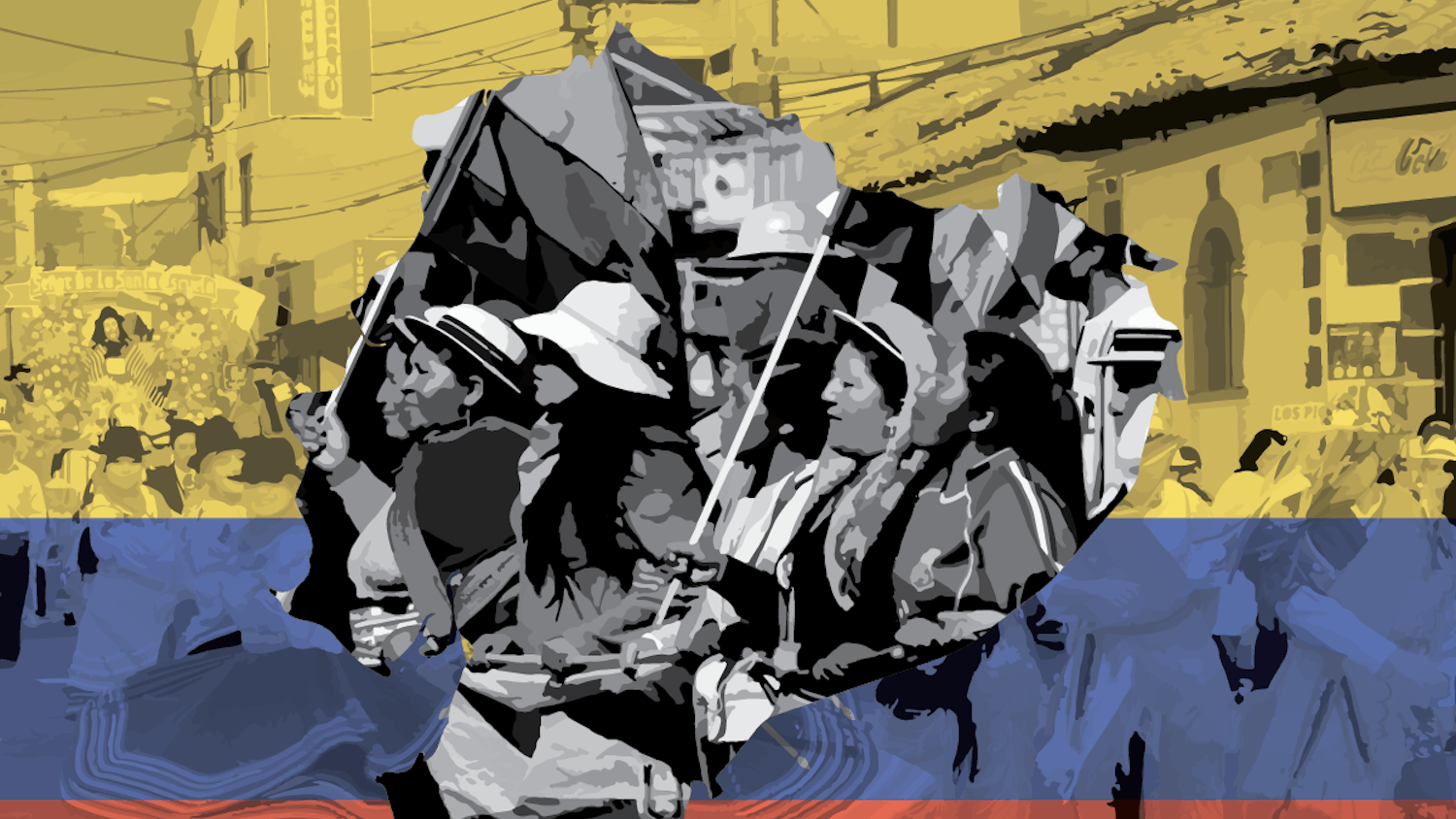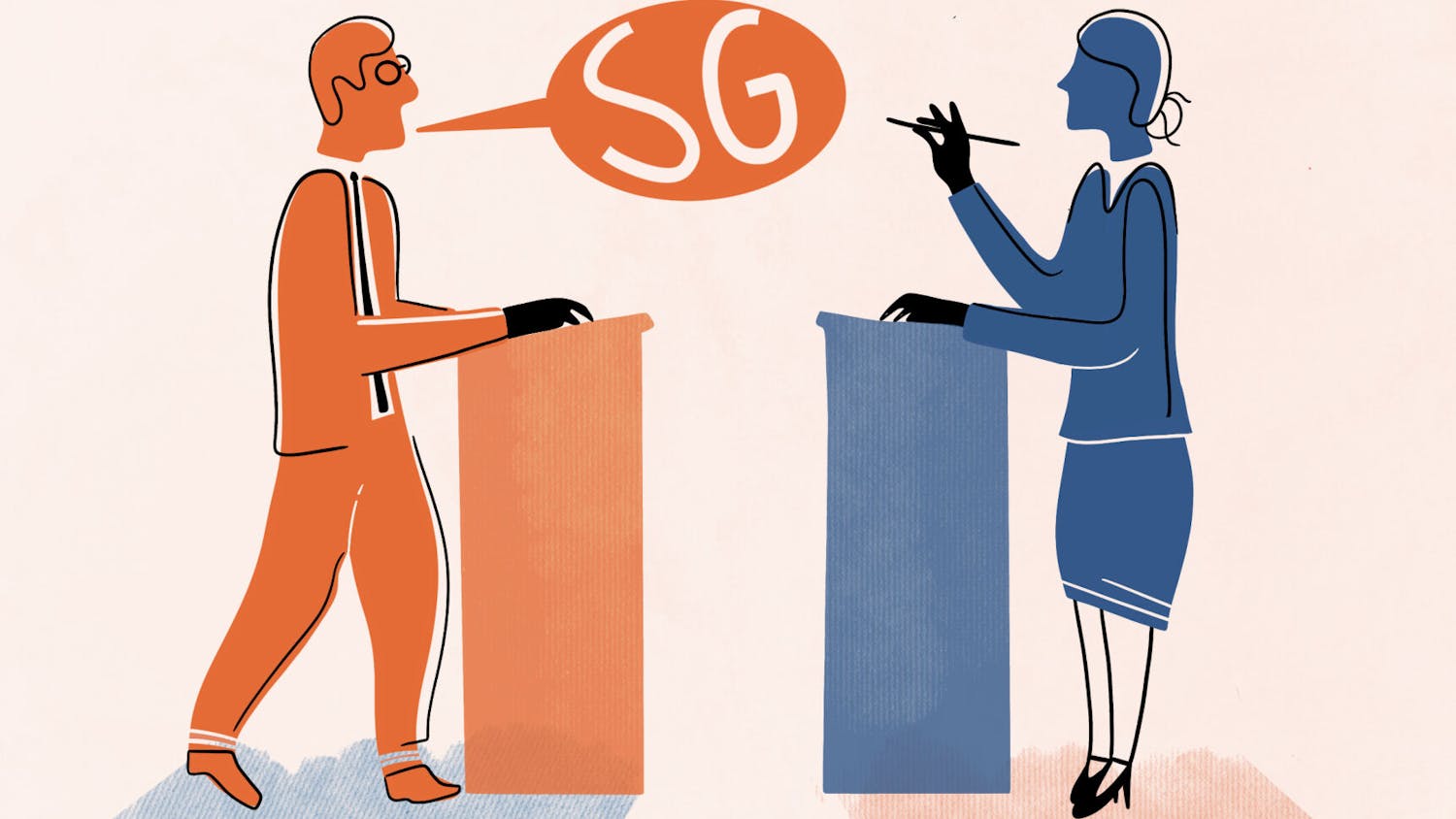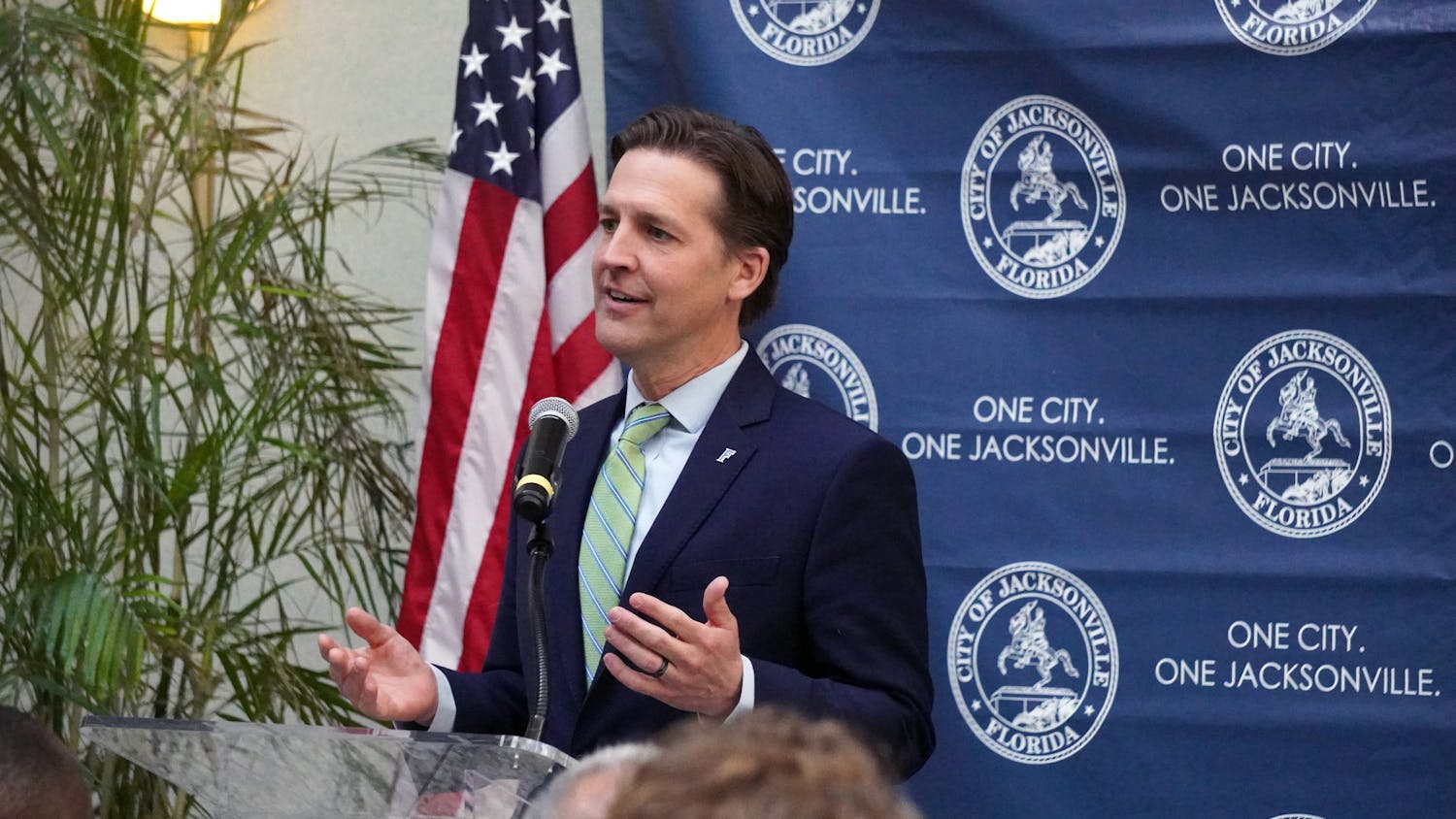What does revolution mean in today’s complex world?
The Occupy movement sparked a flame of revolution across the world in 2011. The Arab Spring and this year’s mass manifestations against government corruption in Turkey and Brazil prove that anarchy on the streets still exists and moves millions.
But as the world develops and technology advances, oppression becomes less tangible.
An analysis by the Guardian published last week explains how the National Security Agency has been collecting data — methods and scope reaching far beyond what was once proportioned to the defense organization.
The article explains the revelations that Edward Snowden made earlier this year. The former NSA employee has been both lauded as a heroic whistleblower and condemned as a treacherous spy.
But one thing Snowden did do is bring the NSA to our attention — again.
In 1978, the Foreign Intelligence Surveillance Act (FISA) was passed to prevent the NSA from overstepping boundaries, especially because of the Americans who fell under their scrutiny: anti-war protesters, union leaders and civil rights activists.
Until 2008 when that act was amended, the NSA could only watch out for foreign suspects if it thought it was necessary to investigate. Since 9/11, fear of terrorism has urged Congress to give the NSA some more leg room.
In 2012, the amendment was renewed, allowing the NSA to watch virtually anyone.
Telecommunication and Internet companies have admitted to complying with NSA requests for user data and even weakened their own encryption services, according to the documents Snowden revealed.
We might not have anything to hide from the government, but it doesn’t mean our most intimate communications should be on display for a small group of people with unlimited access. That’s bordering totalitarianism.
Now, for all this talk of anarchy, I have to admit I believe a free society needs law and order to function. The supreme law of the land is the U.S. Constitution. Modern society is complicated by abstract ideas our forefathers could never have imagined in 1787. What could James Madison know about tweets or source codes or IP addresses?
However, the document can help us realize how the government has gone too far and perhaps how we can loosen that invisible hand’s grip.
The Fourth Amendment of the constitution states “the right of the people to be secure in their persons, houses, papers, and effects, against unreasonable searches and seizures.”
There’s no doubt the NSA has violated the supreme law of the land by searching and seizing our information on our virtual property. While the purpose of surveillance is to be a tool of defense, the collection of phone and email records is a serious infringement of that right to reasonable privacy.
Another amendment in the Bill of Rights was created to provide U.S. citizens with a way of self-defense and resistance to oppression. The right to keep and bear arms was once about letting Revolutionary-era Americans own weapons so they could rise up against a potentially corrupt system.
But we can also inform ourselves through the work of whistleblowers and “hacktivists,” like Snowden, or the hacker organization, Anonymous. The decentralized group has called for millions to march today. Its mission statement calls for a reformation of the infrastructure of the government, “to remind this world what it has forgotten, That fairness, justice, and freedom are more than just words.”
In 2013, owning a handgun and a militia mentality won’t protect you against the government’s invasion of privacy.
But we can arm ourselves with the same thing the government is using to assess and control the public: information.
Daniela Guzman is a UF journalism senior. Her column usually runs on Mondays. A version of this column ran on page 6 on 11/5/2013 under the headline "How do we define ‘revolution’ in 2013?"





